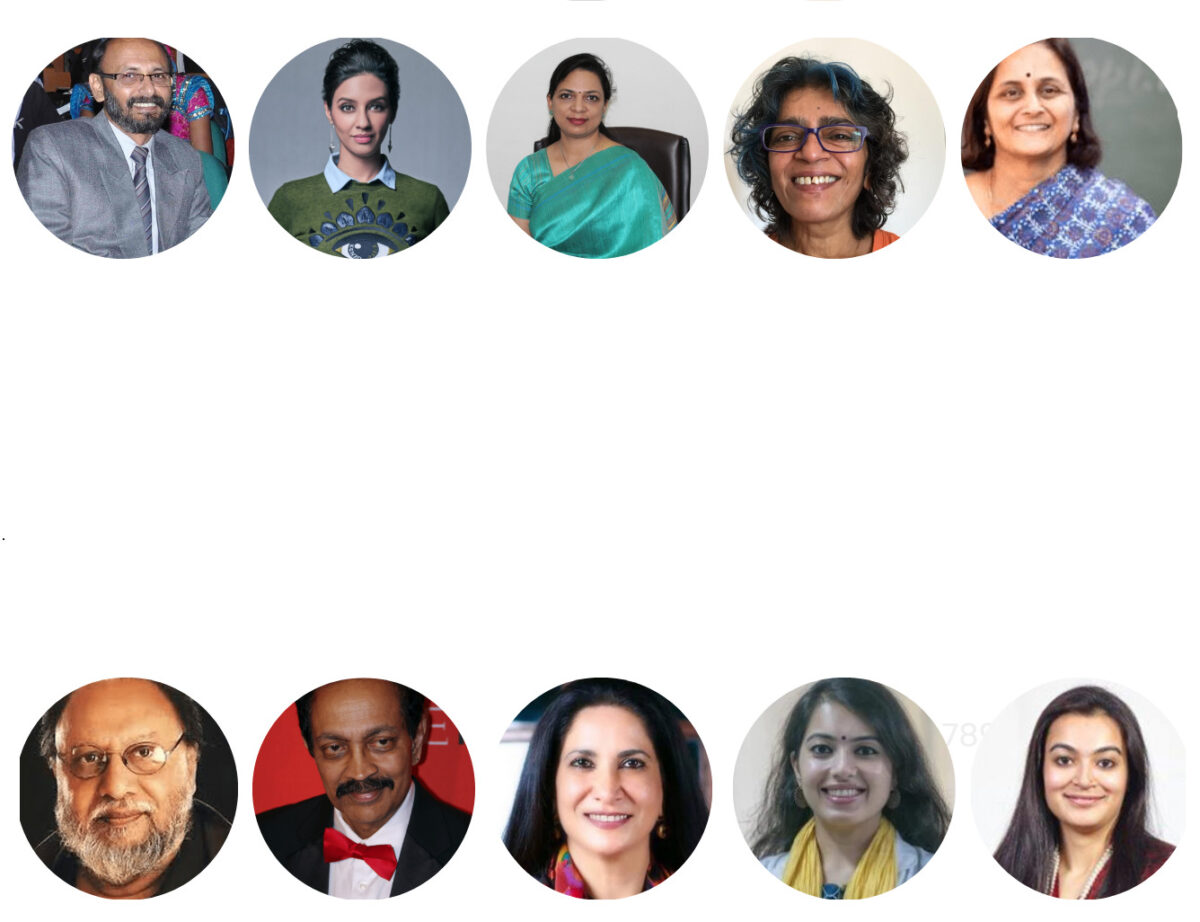Your Path to Healing: Insights from the Best Psychologist in Delhi
Your Path to Healing: Insights from the Best Psychologist in Delhi
Blog Article
Psych Therapy: A Comprehensive Overview to Results and techniques

Cognitive-Behavioral Therapy
Cognitive-Behavioral Treatment (CBT) is a commonly made use of psychotherapeutic strategy that concentrates on recognizing and changing inefficient reasoning and habits patterns. Developed in the 1960s by Aaron T. Beck, CBT integrates behavior and cognitive concepts to address various mental health concerns, including clinical depression, anxiety, and stress-related disorders.
CBT is identified by its structured, ambitious nature. Treatment generally involves a joint procedure between the specialist and client, where specific troubles are determined, and useful methods are established to resolve them. Strategies such as cognitive restructuring, direct exposure therapy, and skill-building workouts are commonly used. Cognitive restructuring entails challenging and modifying negative thought patterns, while exposure treatment aims to reduce fear and stress and anxiety through progressive exposure to feared circumstances or objects.
Evidence-based research study supports the effectiveness of CBT for a variety of emotional conditions - Best Psychologist in Delhi. Its emphasis on ability purchase and self-help strategies encourages clients to proceed development separately after treatment concludes. The adaptability and effectiveness of CBT have actually made it a keystone in contemporary psychotherapeutic practice
Psychodynamic Approaches
Rooted in the early concepts of Sigmund Freud, psychodynamic approaches focus on discovering the unconscious mind and its impact on behavior and feelings. These techniques intend to uncover surprise ideas and sensations that may be driving maladaptive habits and emotional distress. Central to this strategy is the principle of internal problem, usually stemming from unsolved previous experiences, especially those from youth.
Therapists utilizing psychodynamic strategies utilize numerous crucial techniques, including free association, where patients are encouraged to speak openly to reveal unconscious material, and desire evaluation, which interprets the hidden web content of dreams. In addition, the exploration of transference and countertransference characteristics within the therapeutic connection is crucial. These interactions can provide understandings right into the individual's inner globe and relational patterns.
Psychodynamic therapy is generally longer-term contrasted to various other modalities, providing a deep and thorough understanding of the person's subconscious. Research study suggests that it can be specifically effective for intricate psychological health and wellness problems, such as individuality conditions and chronic anxiety. By cultivating self-awareness and emotional insight, psychodynamic therapy seeks to bring subconscious product to consciousness, enabling individuals to achieve significant and long lasting change in their lives.
Humanistic Methods
Structure on the foundations laid by psychodynamic methods, humanistic strategies use a distinctive perspective concentrated on individual potential and self-actualization. Coming from the mid-20th century, these techniques focus on the intrinsic goodness and development possibility of individuals, emphasizing an all natural sight of human experience. Key numbers such as Carl Rogers and Abraham Maslow have considerably affected this restorative method, which encompasses techniques like client-centered therapy and Gestalt treatment.
Client-centered therapy, developed by Rogers, plays a pivotal role in humanistic techniques. It counts on the therapist supplying an atmosphere of genuine favorable respect, compassion, and congruence. This fosters a safe space for clients to discover their sensations and experiences without judgment, promoting self-discovery and individual development. The therapist's duty is more of a facilitator than an authority, urging clients to harness their internal sources for recovery.
Gestalt therapy, an additional essential humanistic method, emphasizes present minute recognition and the combination of mind and body. By concentrating on the "right here and currently," clients gain higher insight into their present emotions and habits. Techniques such as role-playing and assisted visualization are frequently used to help customers get a deeper understanding of themselves, site link ultimately bring about enhanced self-awareness and fulfillment.
Integrative Treatments
Integrative therapies stand for a synthesis of numerous therapeutic strategies tailored to meet the unique demands of each client. This strategy recognizes the intricacy of human psychology and the complex nature of mental health and wellness concerns. By incorporating aspects from different schools of psychiatric therapy-- such as cognitive-behavioral therapy (CBT), psychodynamic treatment, and humanistic techniques-- integrative treatments provide an even more all natural like it and flexible treatment paradigm.
Practitioners of integrative treatment assess each client's details demands, symptoms, and personal background to devise a tailored treatment plan. This customized strategy enhances the capacity for therapeutic success by dealing with the origin of emotional distress and advertising overall health. Techniques may consist of mindfulness exercises, cognitive restructuring, and psychological handling, each chosen to target various aspects of the client's issues.
In addition, integrative treatments emphasize the healing connection, watching the client-therapist bond as an essential element of efficient therapy. This connection fosters a helpful setting where customers really feel secure to check out and address their problems. The flexibility of integrative treatments makes them appropriate for a broad series of conditions, including anxiousness, depression, trauma, and interpersonal troubles, thereby raising their applicability and performance in diverse scientific setups.

Measuring Therapy Results
Reviewing the efficiency of psychotherapy is crucial for both clinicians and customers to make certain that the treatment is producing the desired results. To achieve this, numerous methods and devices are used to determine treatment outcomes systematically. Standard evaluation instruments, such as the Beck Clinical Depression Stock (BDI) and the Generalized Stress And Anxiety Condition 7 (GAD-7), offer quantitative data on signs and symptom intensity and adjustments in time.
In enhancement to standardized tools, qualitative methods like client self-reports and clinical interviews provide beneficial insights into the individual experiences and regarded development of customers. On a regular basis arranged analyses, usually at the start, omphalos, and end of treatment, aid in tracking the trajectory of improvement or recognizing areas needing adjustment.
Result dimension is not limited to signs and symptom decrease; it additionally incorporates useful enhancements in everyday life, such as much better social connections, increased work productivity, and enhanced general health. Modern advancements in digital wellness have actually presented mobile Visit Your URL apps and on the internet platforms that promote real-time monitoring and feedback, further fine-tuning the analysis process.
Inevitably, a detailed strategy to gauging treatment results guarantees that healing treatments work, efficient, and customized to fulfill the specific requirements of clients, thus optimizing the overall restorative experience.
Conclusion
Psychotherapy provides a complex variety of strategies intended at addressing specific psychological wellness problems and improving overall well-being. Cognitive-Behavioral Treatment and psychodynamic techniques target inefficient ideas and subconscious influences, specifically. Humanistic strategies focus on individual development and self-actualization, while integrative treatments combine multiple methods for tailored therapy strategies. Reviewing treatment results through qualitative approaches and standardized assessments ensures a comprehensive understanding of performance, ultimately assisting customers toward withstanding mental health and wellness renovations.
From the organized method of Cognitive-Behavioral Treatment (CBT) to the deep exploration of the unconscious in psychodynamic treatment, each technique brings one-of-a-kind advantages. Its emphasis on skill purchase and self-help strategies empowers customers to proceed development separately after therapy wraps up (Best Psychologist in Delhi). Secret figures such as Carl Rogers and Abraham Maslow have actually dramatically affected this therapeutic approach, which encompasses methods like client-centered therapy and Gestalt therapy

Report this page